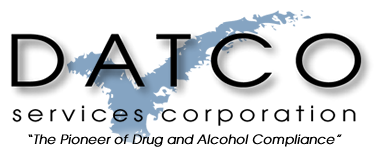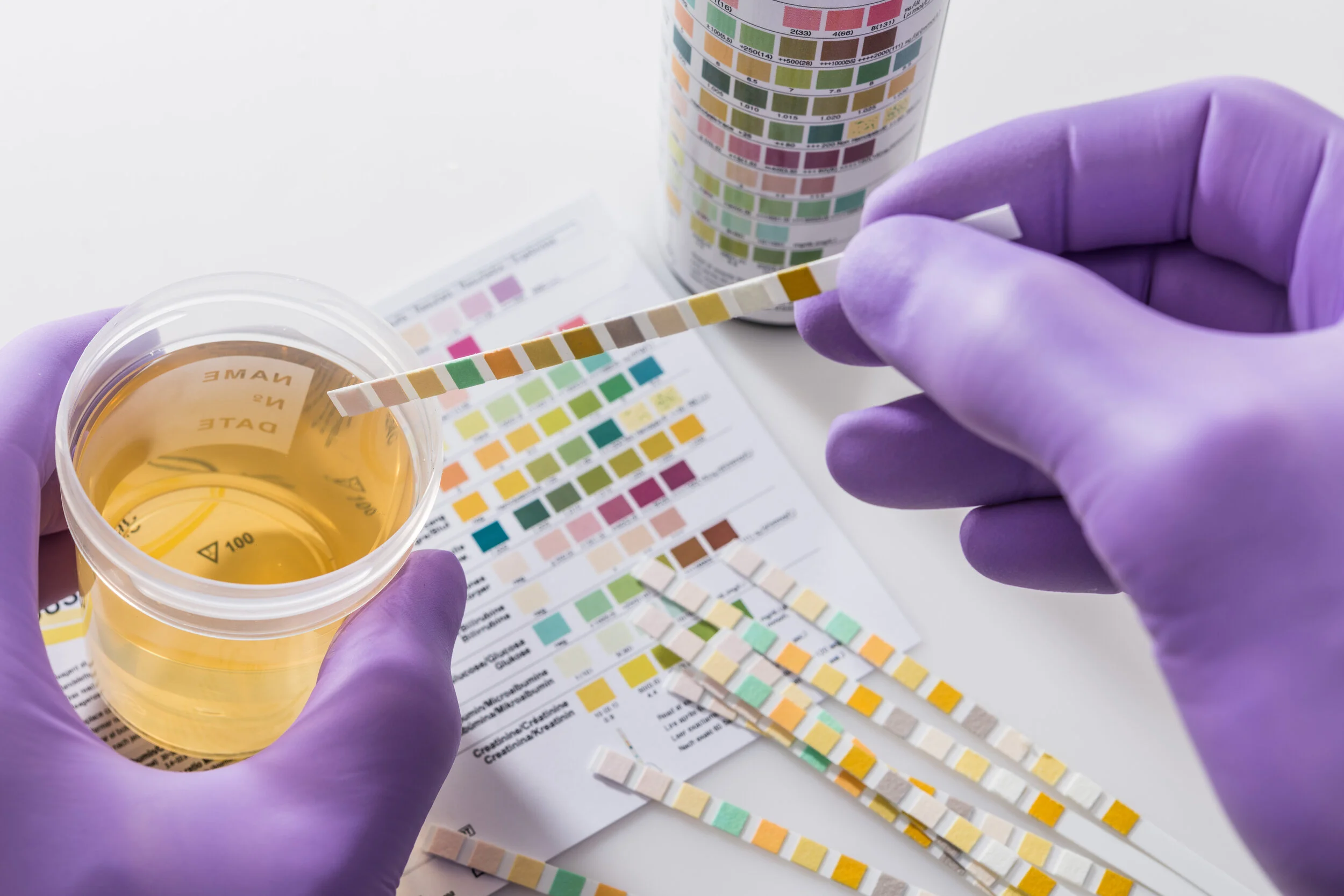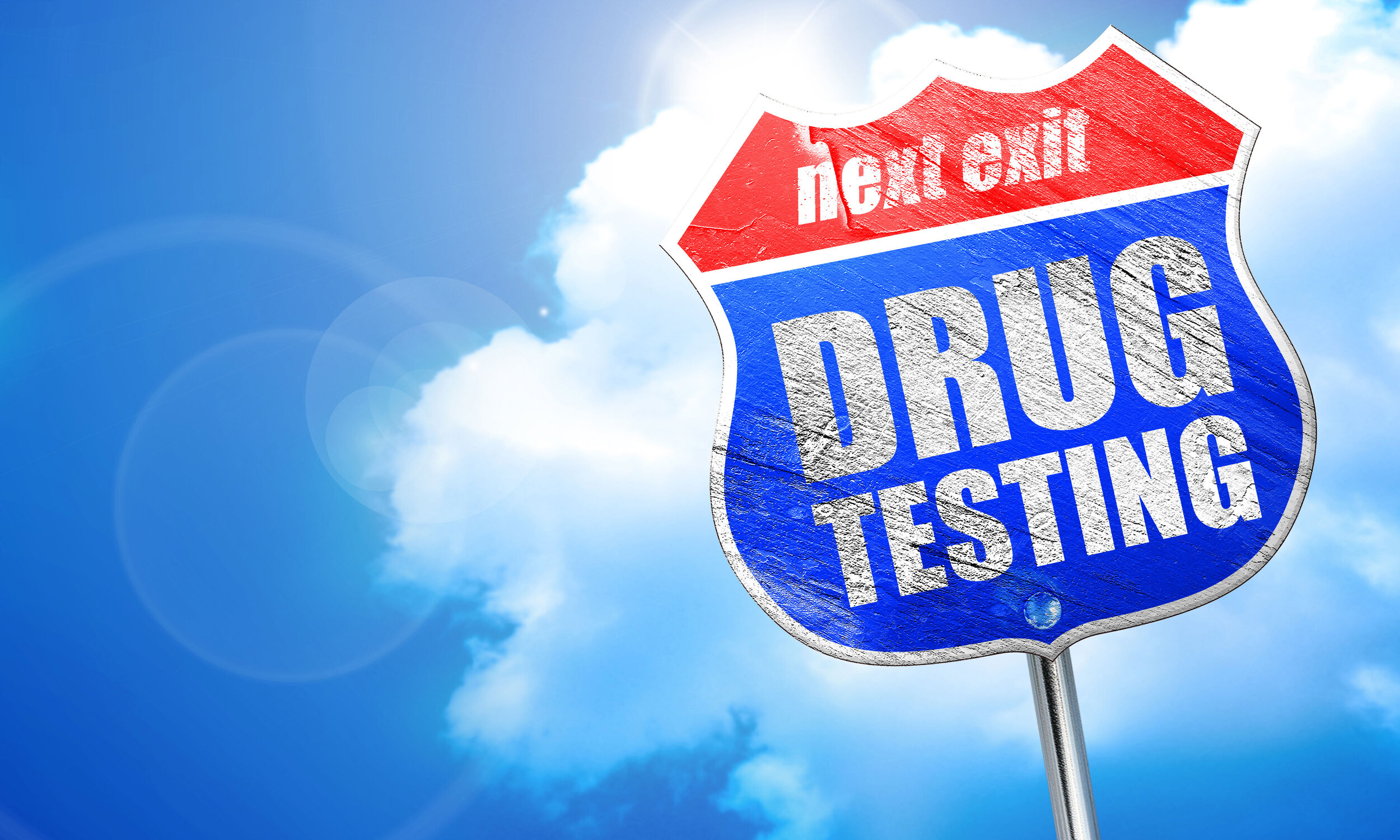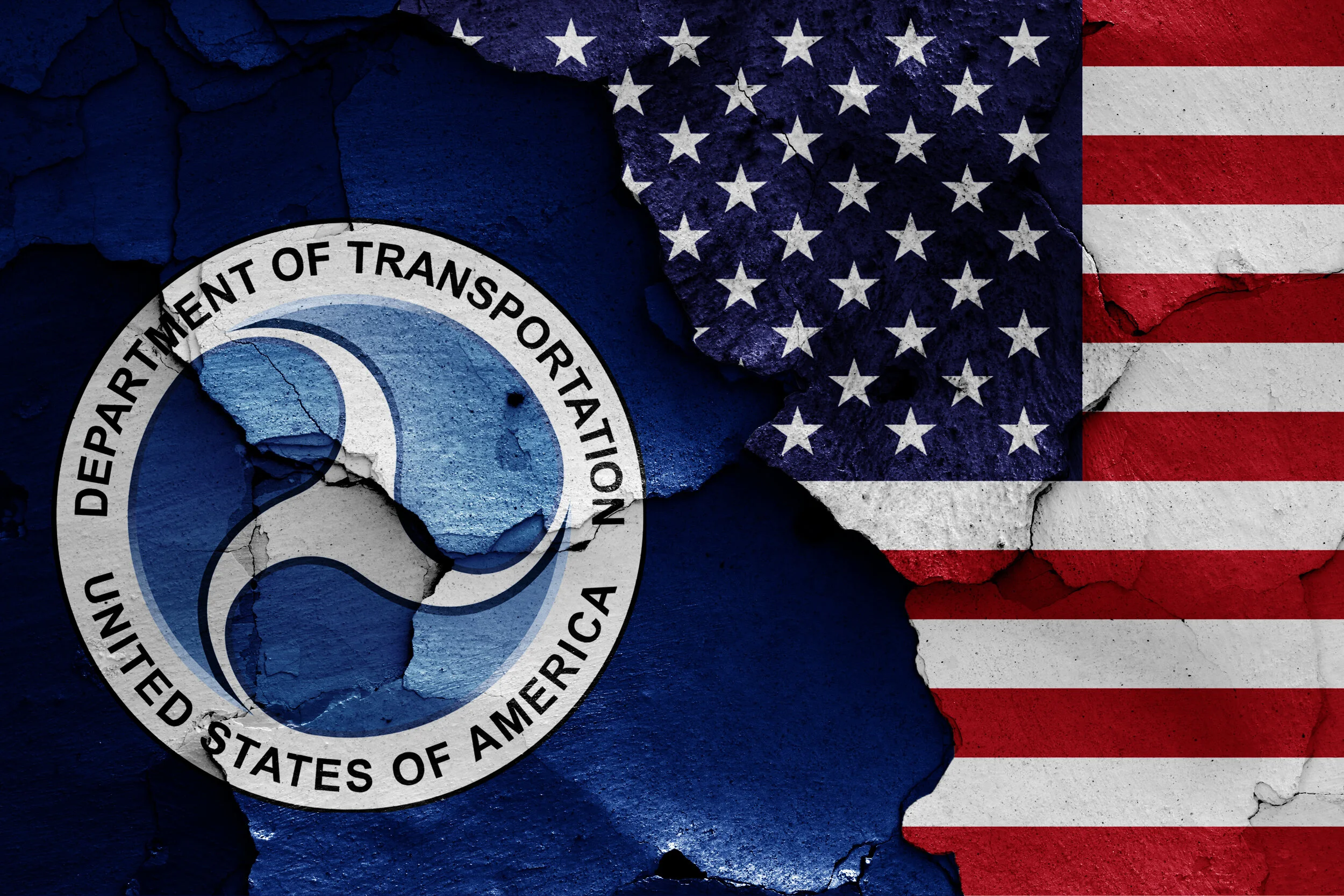Iowa’s Drug-Free Workplaces Act has been one of the country’s most comprehensive and complex drug testing statutes since its passage in 1998. Early in June of this year, the state's Supreme Court issued decisions on two court cases that established more clarifications on the requirements of Iowan employers.
Read MoreStarting September 1, 2021, DOT-regulated employers will have to use the revised Federal Drug Testing Custody and Control Form.
Read MoreThose who are interested in using CBD might have concerns about whether or not this will affect their compliance standing for the Department of Transportation. Read more to learn about the DOT’s regulations regarding CBD usage for regulated employees.
Read MoreA urine drug screen (or test) is used to detect the presence of drugs in a person’s system. It is especially important for DOT-regulated employers to follow all drug screening regulations for mandated employees. But how do drug screens actually work?
Read MoreThe Omnibus Transportation Employee Testing Act of 1991 enforces that drivers operating vehicles that require a commercial driver’s license must be tested for alcohol and controlled substances according to federal regulations. If this seems like a lot, don’t worry. DATCO is here to help you get through every step of the DOT compliance process.
Read MoreWhile DATCO Services makes it easy for you to meet all your compliance needs through our video training center, understanding DOT policy is still essential.
DOT’s 49 CFR Part 40 rule describes the required procedures for workplace drug and alcohol testing. In this blog we’ll be defining the three key DOT training processes needed to meet compliance.
Read MoreThere are approximately 2 million professional truck drivers in the United States, making it one of the most common jobs today. With so many truck drivers on the road and daily civilian drivers, it is essential to ensure everyone is safe when they get behind the wheel. This is why the DOT (Department of Transportation) drug testing is critical.
Read MoreIn 2017, the Federal Motor Carrier Safety Administration (FMCSA) required 25% of its drivers to be drug tested to comply with regulations. Previously in 2016, the rate had dropped from 50% to 25%. While this reduction means employers will have fewer costs associated with drug testing, it is essential that employers still conduct "in-house" tests to be sure that their employees are remaining compliant.
Read MoreIf you are a self-employed truck driver or an owner-operator, you may be regulated by the Department of Transportation (DOT) and the Federal Motor Carrier Safety Administration (FMCSA). When you have a commercial driver’s license (CDL) and can answer yes to at least one of the following questions, you must remain in compliance with DOT drug and alcohol testing.
Read MoreThe Department of Transportation (DOT) has six agencies that it regulates because the people who work for these agencies directly impact the public's safety. People in safety-sensitive roles typically work on the roads, in the air, on the water, or the railways. This is why mandatory random drug testing allows people in these agencies to continue working while keeping the public safe.
Read MoreThe Federal Motor Carrier Safety Administration (FMCSA) is an agency within the Department of Transportation (DOT) that regulates the bus and trucking industry in the United States. Part 382 of FMCSA regulations deal with testing for controlled substances and alcohol. It is meant to prevent injuries and accidents from happening when there is drug or alcohol usage by commercial motor vehicle (CMV) drivers.
Read MoreThere are approximately 3.5 million professional truck drivers in the United States, according to the American Trucking Association, and they handle 71% of the nation’s freight. A trucking company employs about one out of every 15 professional truck drivers. While the trucking business is stable and profitable, being a truck driver can take a toll on a driver’s health and well-being.
Read MoreWith the rampant use of illicit drugs inside and outside the workplace, drug testing should be very common for employers. However, many employers don’t know a lot about drug testing to make it a standard practice within their company. For employers, it can be confusing what kind of drug test to require their employees to take. And it can also be uncomfortable handling suspicious drug use at work. We are here to help you understand drug testing better, and we have answered some common questions below.
Read MoreSubstance abuse happens in businesses, whether the company has one employee or hundreds of employees. However, employees that have a drug or alcohol problem that goes untreated may be more likely to work for small business that doesn't have a drug-free workplace program established. As an employer, whether you own a small business or a large business, it's essential to create a drug-free program, so employees know there is support for them when they need help.
Read More













